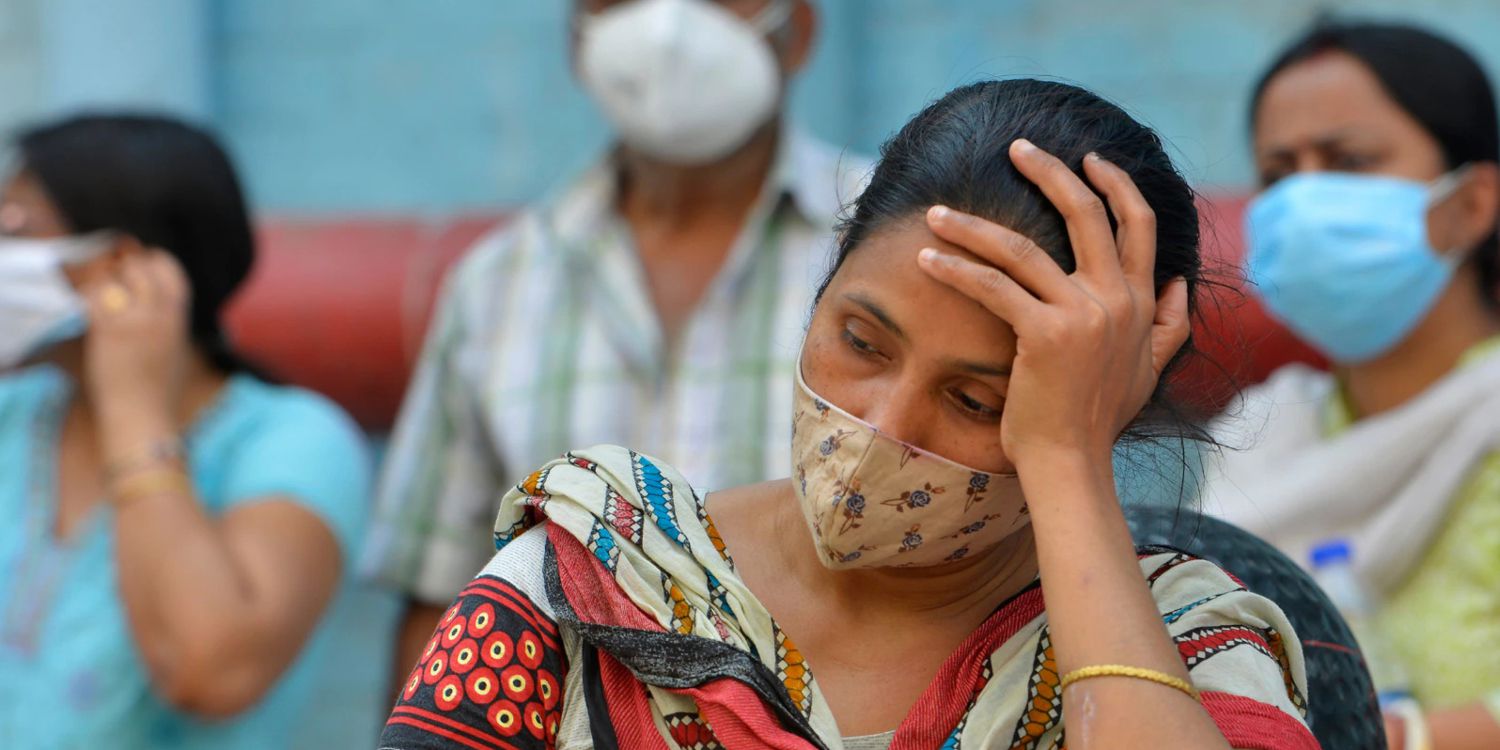As gods and goddesses receive the lion’s share in the Government of Odisha’s budget for electoral gains, the Chief Justice of the Odisha High Court, Dr. S. Muralidhar, has reprimanded the government over the malnutrition deaths of children. He stated that “even one child or person dying of malnutrition in the year 2023 is a deep shame. There must be many more deaths occurring unnoticed in the State and the country.” The Government of Odisha has awakened to this observation and set up an action plan to address the disturbing issues of Severe Acute Malnutrition (SAM) and Moderate Acute Malnutrition (MAM) in children. The government has promised to reduce fifty percent of malnutrition deaths in children by the end of 2023. However, the year has ended without any evidence of the Odisha government’s achievement. The state cabinet has also developed a five-year plan to eliminate child malnutrition in the state, with an estimated cost of Rs 3354.40 crore.
However, the Government of Odisha continues to adhere to the failed policies of the neoliberal project by categorizing children based on severe, acute, and moderate malnutrition. Such a policy is an extension of the policies pursued by the Congress Party and BJP at the center, which dismantled the universal Public Distribution System (PDS) of food. The malnutrition of children is a consequence of the dismantling of the distribution of food under the universal PDS. The universal PDS was dismantled and replaced with revamped PDS and targeted PDS in the name of making it more effective. In reality, the neoliberal onslaught on universal PDS led to the rise of starvation and malnutrition-related deaths in the state. The universal PDS was a policy designed to support the production and distribution of food that could be available and accessible to all, irrespective of their background. It was intended to control food prices in the market and manage market linkages and leakages of food grain from the Food Corporation of India in the distribution process. The dismantling of food security under the universal PDS resulted in rising food prices, a lack of accessibility and availability of food for all. It also led to the rise of a food market dominated by corporations like Reliance.
The Government of Odisha is jeopardizing children’s food and malnutrition security by categorizing them as severe, acute, and moderate malnourished. The universalization of health and food security is the only way to eliminate the shameful hunger and malnutrition-related deaths in the state. This can be achieved if the BJD-led government abandons the failed policies of the neoliberal project pursued by the Congress Party and BJP at the center.
The Odisha government is developing multiple policies that accelerate the privatization of health in the state.
The gods and goddesses in Odisha receive more funds for the rehabilitation of their abodes with amenities, while Odia children suffer from malnutrition deaths and receive less funding from the government. This is a disturbing trend in governance where the welfare of gods is deemed more important than that of Odia children, who are the future of the state. The health infrastructure is in a dilapidated condition, yet the Government of Odisha continues to develop health policies and projects that transfer public funds to private hospitals, accelerating the business of sickness. The universalization of public health is crucial for developing healthy citizens who can contribute to the well-being of the state, society, and families in Odisha. Unfortunately, the state government promotes short-term populist health policies that undermine public health and favor private healthcare in the state.
The Biju Swasthya Kalyan Yojana, launched on 15th August 2018, represents a policy of transferring public wealth to private hospitals and healthcare providers in the name of universal health coverage in the state. This is a temporary response to the acute public health crisis in the state. It is neither sustainable nor capable of resolving the long-term health issues. The development of public health infrastructure, the establishment of medical and pharmaceutical colleges, hospitals, and improving the accessibility and availability of local hospitals and medical professionals are essential for addressing the public health crisis in the state.
The practice of private healthcare has proven unsuccessful worldwide in meeting people’s healthcare needs. Therefore, the expansion of public healthcare infrastructure in the state is the only alternative that can serve people during all forms of health crises. The Government of Odisha must ensure a sufficient health budget to develop a technologically advanced healthcare system that serves all, irrespective of their purchasing power and backgrounds. Health is not a commodity, and the business of illness must come to an end. Privatization is not a public policy but a project for profit-making by depleting the public treasury and citizens’ pockets.
The Articles such as 21, 23, 24, 38, 39, 41, and 42 under the Indian Constitution directly and indirectly deal with public health and human welfare. The right to health is fundamental to the right to life under the Indian Constitution. The Government of Odisha needs to ensure health for all in both letter and spirit by enhancing all health policies and promoting public health. Healthy citizens are crucial for the development of a prosperous and peaceful state, where human dignity is not undermined for the sake of populist religious politics. Modern states are built on healthy citizens, not merely on the abodes of gods and goddesses.
Bhabani Shankar Nayak, University of Glasgow, UK
Courtesy: CounterCurrent

